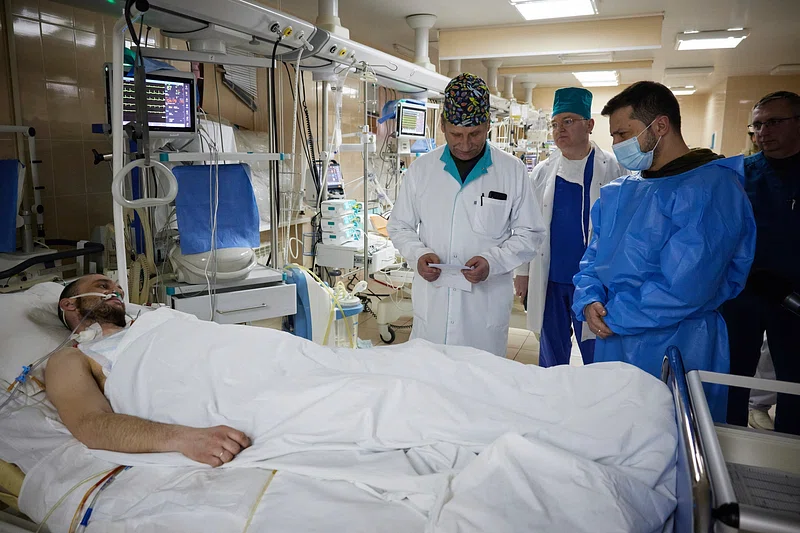Barbara Thomas, a woman who has had personal experience with tragic and prolonged suffering as she watched her helpless husband struggle with the horrendous effects of brain cancer, is heading an effort to legalize life-ending medications in New York.
Recalling the devastating end-of-life battle that her husband waged more than a decade ago, Thomas said, “He really wanted me to shoot him. I didn’t feel like I could do that.”
For almost a decade Thomas and her group of fellow believers have haunted the hallways of the Albany Capitol pushing a bill known as the Medical Aid in Dying Act. It would allow terminally ill patients over the age of 18 to seek doctor approval to take prescribed medication to end their life.
Thus far they have made little progress, but now they seem to be hopeful. “I think unquestionably we are gaining momentum,” said David Pratt, a 79-year-old doctor who used to work in public health.
In January, the state Bar Association, which represents lawyers, backed the measure for the first time. The group said the bill “offers both dignity and compassion” for those who have few months left to live.
In April, the Medical Society of the State of New York, the state’s largest physician organization, followed suit, saying doctors should get to decide if they want to participate “in the processes and procedures as outlined in any proposed medical aid in dying legislation.”
Nevertheless, the effort is still far from clearing all the hurdles involved. It has never received so much as a committee vote, and the three most important figures in Albany — Gov. Kathy Hochul and the leaders of the state Senate and Assembly — have yet to take a public position on it.
Not surprisingly, one of the biggest obstacles in the way is religious organizations—and more particularly, the Catholic Church, which opposes it.
The state Catholic Conference, a lobbying group representing Cardinal Timothy Dolan and other bishops across New York, is making defeating the bill its No. 1 priority for the remainder of the 2024 legislative session that runs through early June, according to Dennis Poust, the organization’s executive director.
“For Catholics, our goal is not this life, it’s the afterlife, right?” Poust said. “The goal isn’t to keep people alive at all costs. People are going to die. The question is: Should doctors be poisoning patients to end their lives prematurely, or should they be helping them in their journey toward death?”
A segment of the disability rights movement also opposes the measure, saying, “But the thing that we’re really concerned about here is being pressured into it by doctors or other family members who just view the [disabled] person as a burden.”
State Sen. Brad Hoylman-Sigal, a Manhattan Democrat who sponsors the bill has explained that, “We’ve taken a lot of care to ensure that the proper safeguards are in place.”
Assisted suicide is legal in several U.S. jurisdictions. These include California, Colorado, District of Columbia, Hawai’i, Maine, Montana, New Jersey, New Mexico, Oregon, Vermont, and Washington. The act of ending a life to relieve pain and suffering — sometimes called euthanasia, though the term is rarely used in the US–is illegal in all states.
The laws surrounding this issue are complex and vary significantly by state, often involving strict eligibility criteria and procedures that must be followed. The Medical Aid in Dying Act aims to bring clarity to the issue and provide choice to people who may be directly involved.












